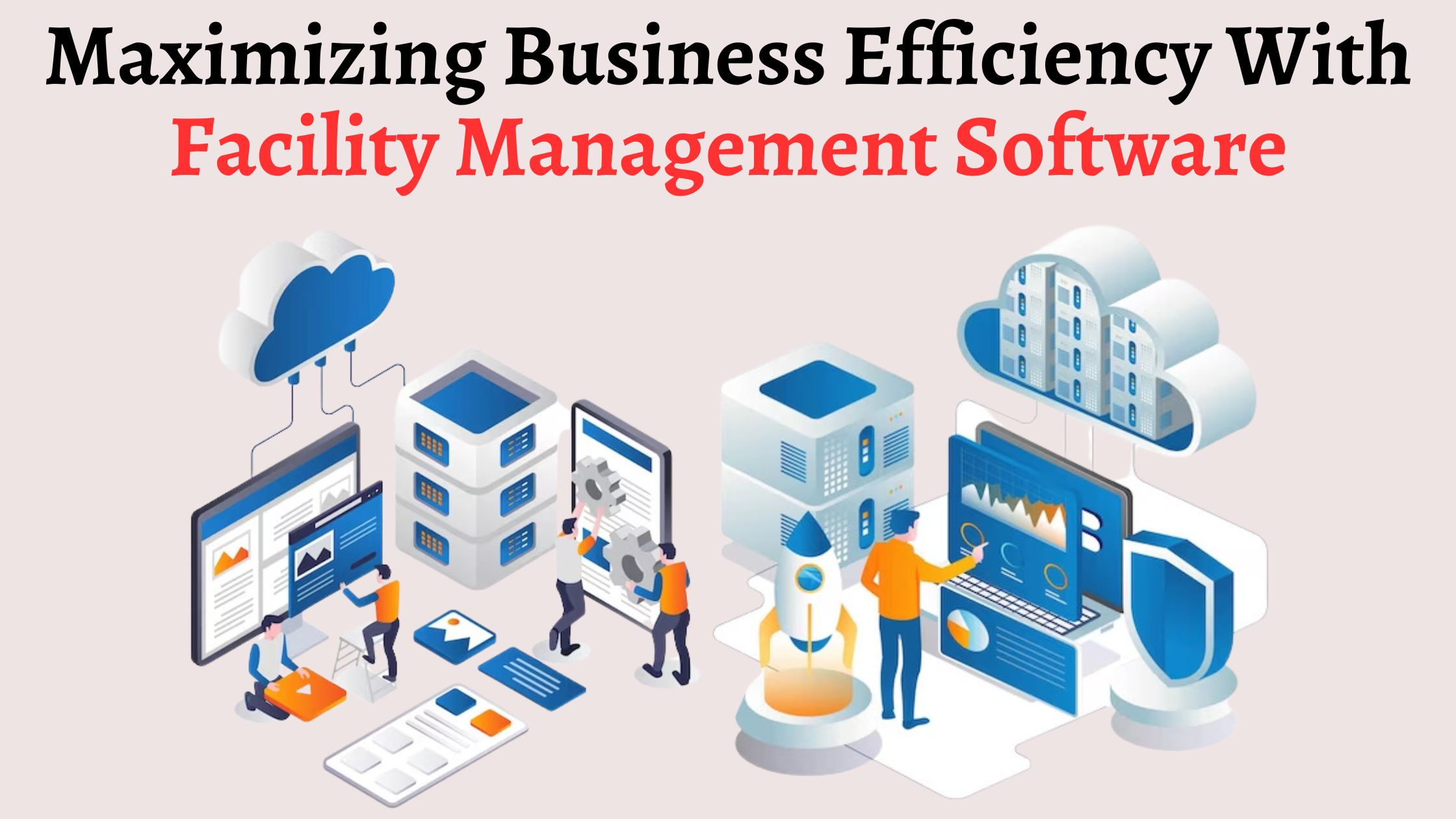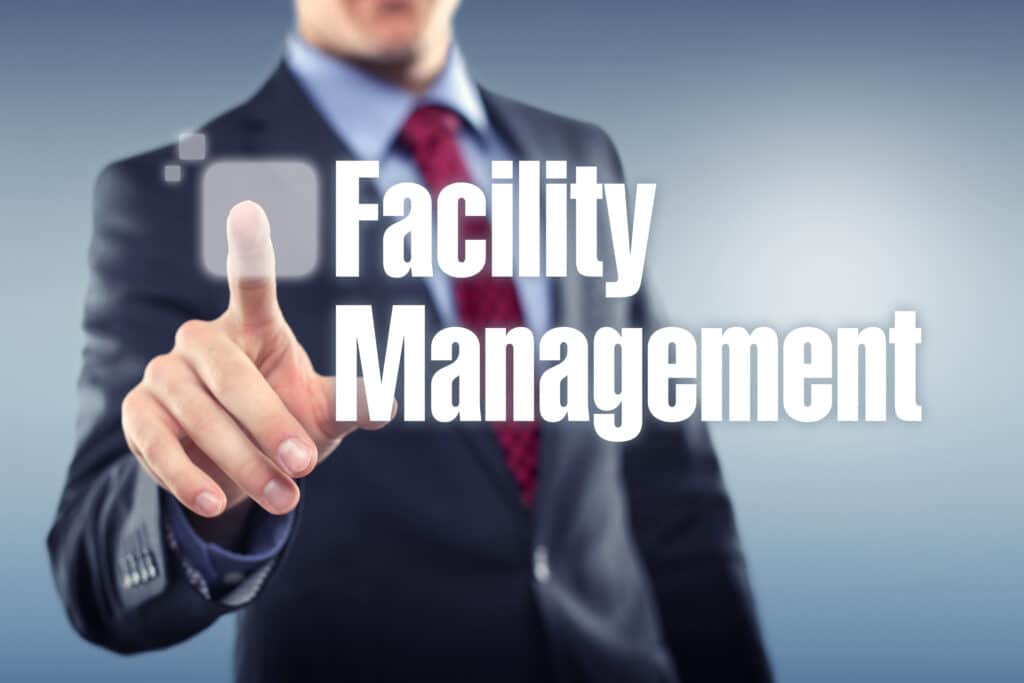The Role of Total Facility Management in Ensuring Workplace Safety and Compliance
The Role of Total Facility Management in Ensuring Workplace Safety and Compliance
Blog Article
Why Total Facility Management Is Important for Business Success
Total Facility Management (TFM) acts as a keystone for service success by balancing varied functional aspects such as upkeep, area utilization, and precaution. This combination not just improves efficiency yet likewise straightens facility management with overarching business objectives. As organizations browse a competitive landscape, recognizing the multifaceted advantages of TFM can be essential in driving cost performance and improving staff member efficiency. Nonetheless, the ramifications of adopting TFM prolong much beyond prompt operational gains, raising essential concerns about its long-lasting impact on organizational durability and competition - Total Facility Management. What exists below this crucial framework?
Comprehending Total Facility Management
Total Facility Management (TFM) incorporates an extensive technique to handling a company's structures and linked solutions to ensure optimal performance, security, and effectiveness. TFM incorporates numerous disciplines, consisting of upkeep, operations, area management, and security protocols, to develop a cohesive framework that supports a company's core goals.
At its core, TFM intends to enhance the processes included in facility management, enhancing and lowering redundancies service delivery. This method involves the control of tasks associated with property management, such as repair services, cleaning, and energy management, to promote an efficient environment for staff members and stakeholders alike. TFM likewise emphasizes the relevance of carrying out finest practices and innovative modern technologies to enhance service top quality and minimize functional expenses.
By lining up facility management tasks with organizational goals, TFM boosts general efficiency while making sure compliance with health and wellness, safety and security, and environmental guidelines. Thus, TFM serves not just as a logistical function however likewise as a strategic possession, adding to a company's long-lasting sustainability and development.
Key Benefits of TFM
Leveraging a detailed approach, companies that execute Total Facility Management (TFM) unlock a myriad of benefits that add to general business success. One of the main benefits of TFM is the enhancement of functional efficiency. By settling facility solutions under a unified management framework, companies can streamline processes, decrease redundancies, and enhance communication throughout divisions.
Moreover, TFM promotes a proactive maintenance strategy, which reduces downtime and prolongs the life expectancy of facilitiess and tools (Total Facility Management). This proactive technique not only enhances efficiency however additionally cultivates a safer working atmosphere, ultimately leading to higher staff member satisfaction and retention rates
In addition, TFM helps with better source appropriation by providing understandings into facility performance metrics. Organizations can identify locations for renovation, permitting them to make educated decisions that line up with their strategic objectives.
TFM and Expense Performance
Accomplishing cost efficiency is a fundamental goal for organizations, and Total Facility Management (TFM) plays an essential function in this endeavor - Total Facility Management. By integrating various facility solutions under a single management structure, TFM makes it possible for companies to simplify procedures and reduce redundancies. This alternative approach leads to substantial price financial savings, as it gets rid of the Read Full Report need for numerous vendors and streamlines procurement procedures
In addition, TFM promotes proactive upkeep techniques, which minimize the danger of costly fixings and downtime. By prioritizing safety nets, organizations can expand the life expectancy of their assets and reduce unanticipated expenditures. In addition, TFM incorporates power management techniques, which can drastically reduce utility costs via effective resource application.
The centralization of data and analytics within TFM permits organizations to make educated economic decisions. By recognizing patterns and locations for enhancement, TFM enables customized strategies that additionally boost cost management. The scalability of TFM remedies guarantees that as companies expand, their facility management techniques stay reliable and aligned with economic goals.
Enhancing Worker Productivity
A well-managed facility can significantly enhance staff member efficiency by creating a conducive work atmosphere. Efficient Total Facility Management (TFM) ensures that all aspects of the work environment-- from illumination and temperature to cleanliness and security-- are enhanced. When workers operate in an area that is comfy and well-kept, they are more probable to concentrate on their jobs, leading to higher outcome and task fulfillment.
Additionally, TFM can boost cooperation via the strategic layout of public locations, urging teamwork and innovation. By purchasing the appropriate sources and innovation, organizations can facilitate seamless interaction and enhance process, even more boosting performance. Routine maintenance and prompt feedbacks to facility issues prevent disturbances that can or else impede performance.
Furthermore, a healthy and balanced and secure job atmosphere, supported by TFM techniques, minimizes absence and advertises well-being, straight correlating with raised efficiency degrees. Eventually, prioritizing facility management is a financial investment not only in physical properties but additionally in the workforce itself. By fostering a setting that supports employee demands and preferences, companies can grow an extra engaged and reliable labor force, driving overall success and affordable advantage.

Future Trends in TFM
Welcoming technological developments is readied to reshape the landscape of Total Facility Management (TFM) in the coming years. As the demand for efficiency and sustainability increases, TFM useful reference will increasingly embrace wise structure modern technologies, incorporating Internet of Points (IoT) devices to handle and keep an eye on facility procedures in real-time. This change will certainly make it possible for aggressive upkeep, considerably decreasing functional prices and boosting solution distribution.

Sustainability stays a vital emphasis, with TFM experts anticipated to prioritize eco-friendly techniques. This includes making use of renewable resource sources and maximizing waste management systems to minimize the carbon impact of facilitiess.
Remote management capabilities will certainly also be increased, allowing facility managers to manage procedures from virtually anywhere. This versatility will certainly come to be essential as organizations adapt to hybrid work designs. In summary, the future of TFM is poised for transformation with technology, sustainability, and improved operational methods, ensuring companies remain competitive in a progressing landscape.
Final Thought
Finally, Total Facility Management is an important part for attaining organization success. By integrating various operational features, TFM boosts efficiency and lines up facility management with business purposes. The resulting cost savings, improved staff member performance, and safer work environments add considerably to overall efficiency. As organizations significantly embrace ingenious technologies and sustainable techniques, the relevance of TFM will certainly proceed to grow, guaranteeing long-term functional efficiency and competitiveness in a developing marketplace.

Report this page